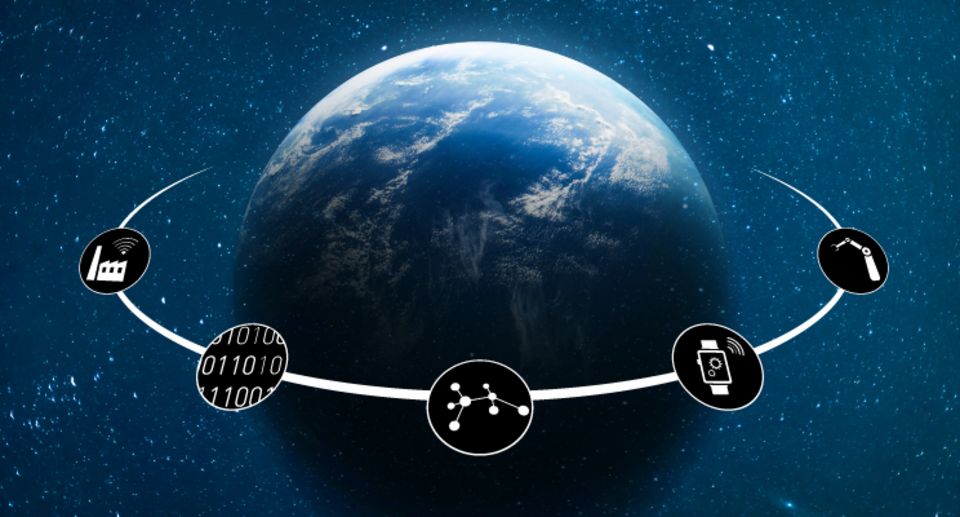Is democracy threatened by artificial intelligence?

This article explores the disruptive potential of AI algorithms and the challenges posed by the increasing complexity of digitalization. It discusses the impact on political decision-making, voting behavior, and the need for unbiased AI intelligent assistants. However, it also raises concerns about data manipulation and algorithm biases. Is there a threat to democracies? The article emphasizes the importance of regulations, citizen education, and international governance.
Comprehensible data quality: Important criteria for the reuse of research data

Open access to research data promises to generate new knowledge more quickly. A comprehensible quality of the data is a central prerequisite for its use beyond the original purpose. On behalf of SWITCH, SATW surveyed experts in Switzerland as to which aspects and measures are particularly important in this respect.
Comparative Advantage and Geographical Economic Ecosystems

Why do some regions thrive economically and others not? In this article, SATW member Georges Kotrotsios takes a close look at some key competition factors for industrial ecosystems and warns about global imbalances if risks and benefits are unequally shared between the private and public sector.
How Technological and Industrial Trends Impact on Society Evolution and the Economy

In an increasingly complex world, traditional paradigms fail to adequately capture the nature of interdependencies. This applies in particular to technological innovations and their social and economic impact. We need to find a holistic approach that helps us improve our understanding and planning.
Comprehensive data quality: success factor for Open Science

Open Science promotes the creation of new knowledge and access to research results. The management of research data is a major challenge. Together with SWITCH, SATW is analysing existing standards and measures to simplify the exchange of data among researchers.
Understanding Data as a New Form of Capital

Today the role of science and technology has become more important than ever. Digitalisation is playing a key role in this change. But digitalisation is fuelled by data, which therefore has become a factor of production equally important as capital. In fact, data is a form of capital, but with some specific distinctions. As such, it opens up new opportunities, but also harbours certain risks.